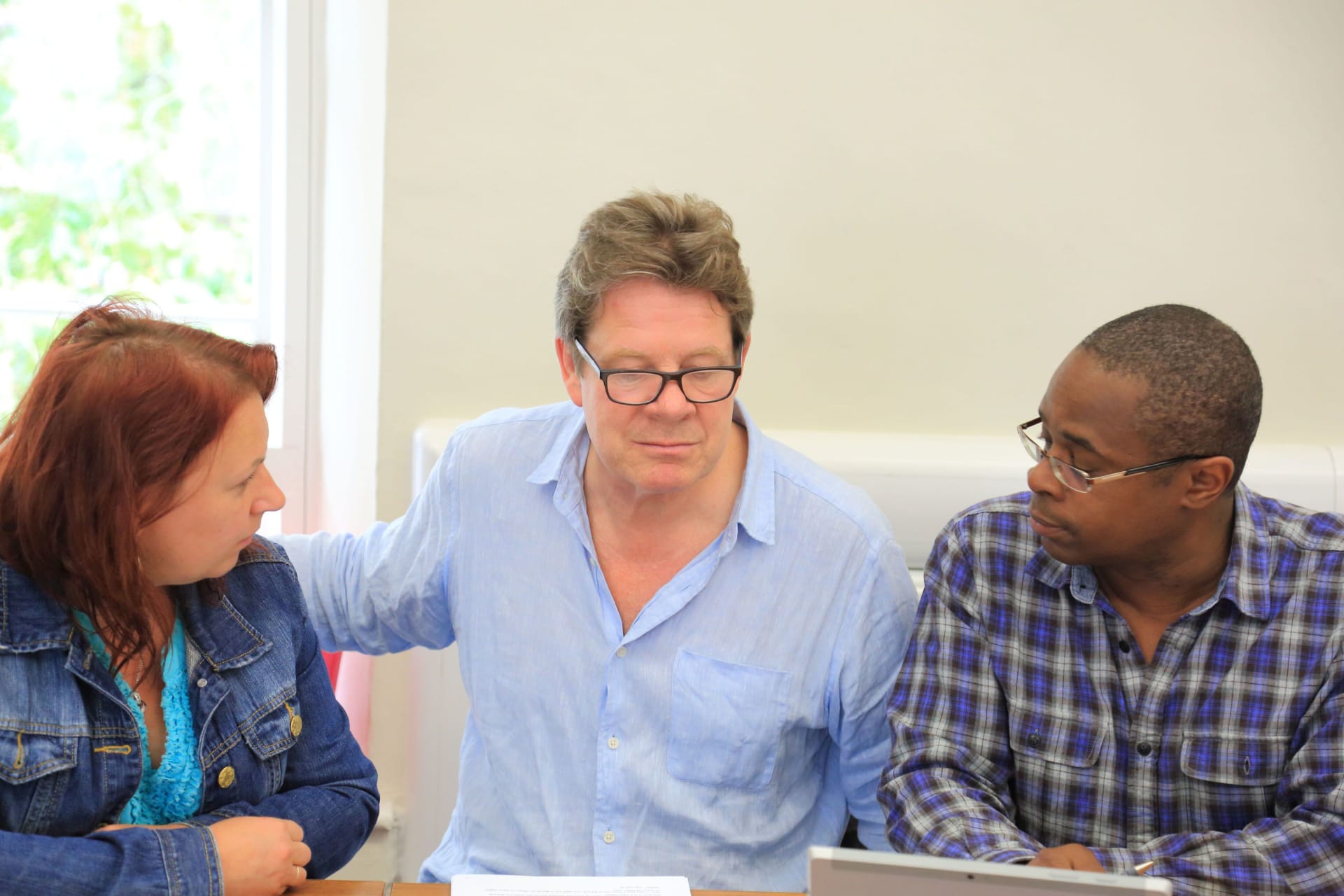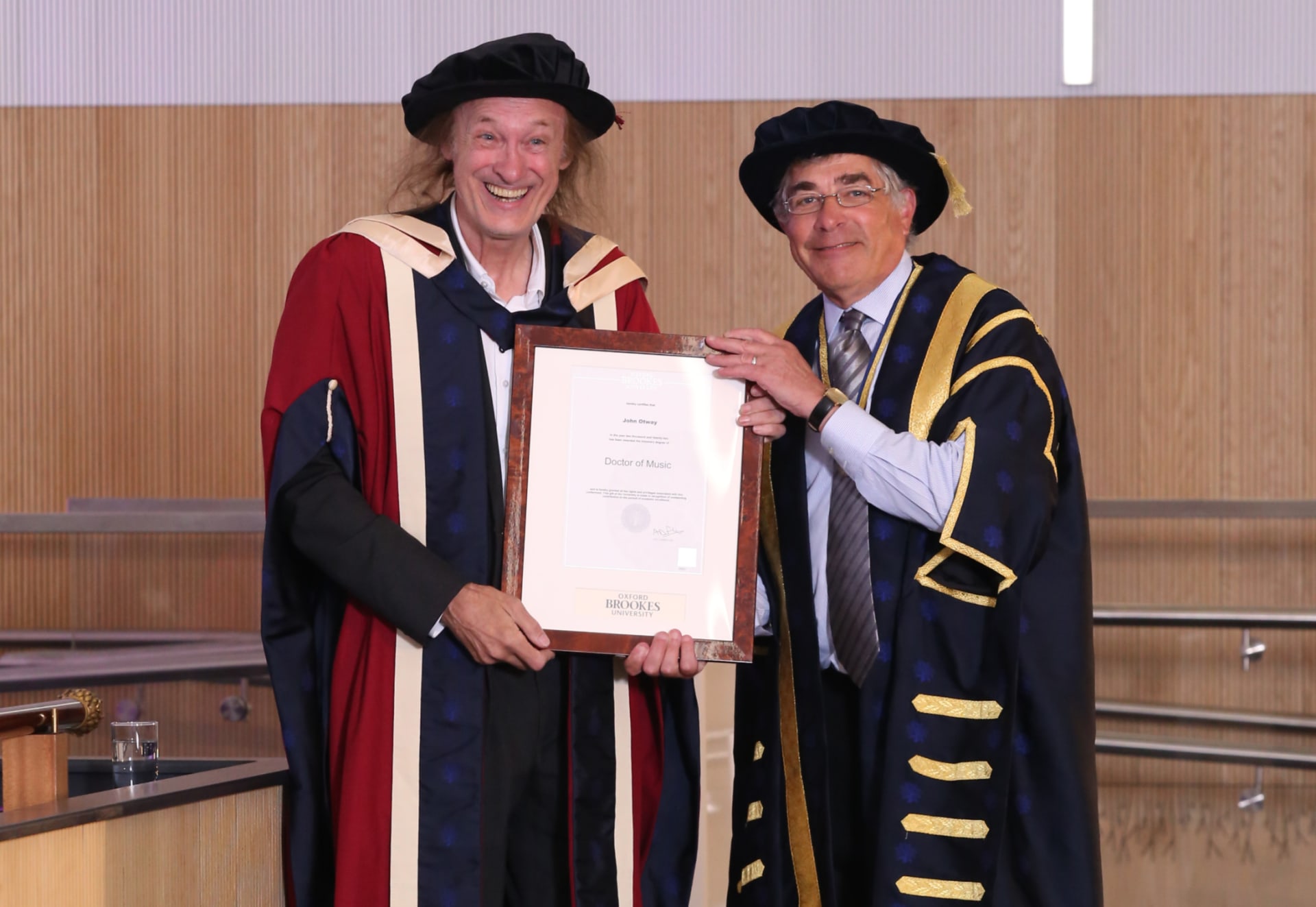The average age of the writers who participate on the playwriting courses that I run (oxfordplaywriting.co.uk) is about 50. There is a smattering of 35-40 year-olds but also quite a few who are 60 plus. They come from a very wide range of experience, from Oxford and its surrounds; from London, Manchester, Winchester, Cheltenham – all are focused on the craft of playwriting. There are no dilettantes. All are adult learners or late learners – but they are also contenders.
They have all been to the theatre quite a lot and become fascinated by the craft of playwriting. They know it’s a very difficult craft. They know it is incredibly hard to get your work staged, even if you succeed in writing an original, stimulating play. And if – hallelujah – your play is staged, will they find the right actor for the leading role, find a director and designer who grasp the spirit, look and meaning of the play? Theatre is a collaborative art form. So much to get right, so much to go wrong...
How does the relatively mature age of each writer act as an advantage to them? And how does their age impose a brake upon what they would like to achieve? The absolute double plus of their maturity is the speed with which they absorb new information, their capacity to accept constructive criticism (without having a break-down) and their sensitivity and empathy in reading each other’s work. And, the joy they experience when they first write a good dramatic scene between two characters.
Each Oxford Playwriting course is restricted to only six writers – each reads the work of every other writer in his or her group. Trust grows with each day-long monthly session.
Where their age acts as a brake is in their concern that they are too late, that the world of theatre writing belongs to the young; have they discovered their own gift too late in life? My response to this is ‘the play’s the thing’; if your work is contemporary, your characters boldly drawn and the action of the play compelling, no literary manager or agent or director will be concerned in the slightest by the fact that the writer of this play is 65.
The other undeniably powerful asset that the adult learner brings to play-writing is the extent and breadth of their own life experience. This is very different from the image of the pensioner doing a course on Italian Art History. I have done that particular course myself, and I loved the experience. I think that the Oxford University Continuing Education Department is a chest brimming with educational treasure. But writing a play in mid-life is different; it is a call to action.
From the very beginning the writer finds him or herself reflecting on their life experience – before long they are thinking very profoundly on all they have lived through. However, fictionalised in time, space and action, it is the writer’s own life that informs what they write. Unquestionably, age is an asset. The question becomes how to action all that has passed, how does your experience help you to find the story that you want to tell? The writer may be 55, but could they have taken on the challenge of playwriting any earlier in their lives? Maybe today is a good day to start.
Five years on and the Oxford Playwriting courses have now reached a new stage of evolution – a number of writers have completed plays and they are good plays, as good as any play that you will see on a London stage. I love to work with the writers on my course – if you have the passion to learn and to create, I do believe it is never too late to start.
October we are going to present (with professional actors) some of the very best work over four evenings at The Old Fire Station in Oxford,










